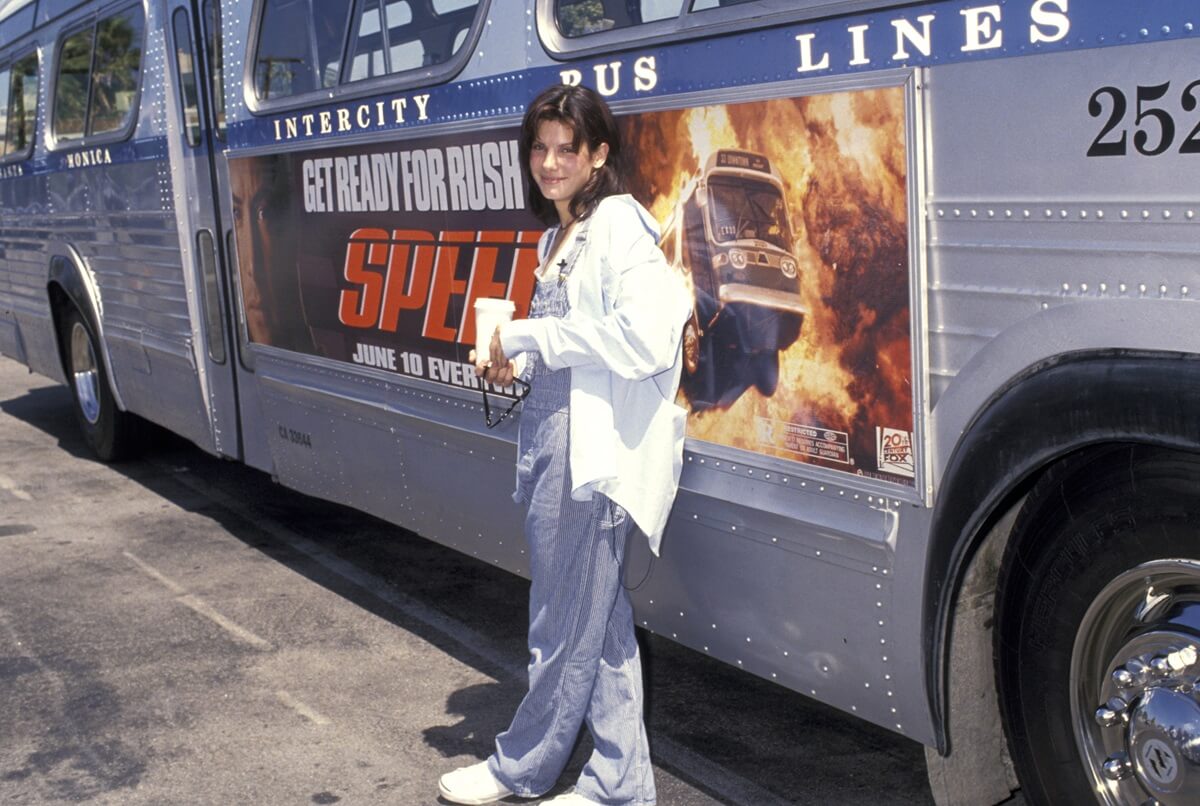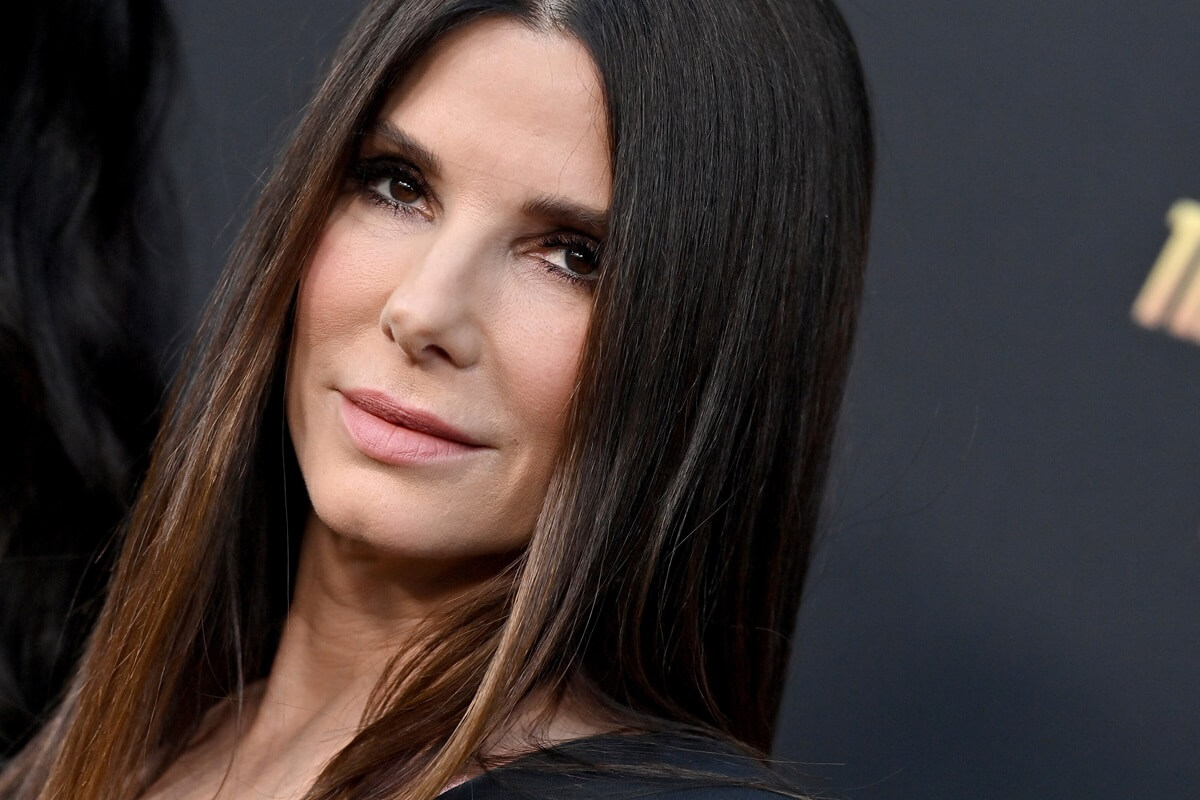
Sandra Bullock Once Felt That Action Films Limited Female Actors
Sandra Bullock partially made her career off of action films like Speed and Demolition Man. Although the genre treated her well enough, she wasn’t always sure if it was designed for female actors to thrive in.
Sandra Bullock felt action films did women a disservice in the 2000s

Bullock believed the action genre became even less accommodating to female actors as time went on. Ironically, she herself experienced her breakthrough role opposite Keanu Reeves in Speed. This led to a bit of a career winning streak for Bullock that saw the Oscar-winner return to the genre a couple of times.
In 2002, she starred in the darker action thriller Murder by Numbers. Perhaps what intrigued her the most about the feature was the character she ended up playing. She felt the role was a callback to characters from another time that all but vanished in the new millennium.
“It makes you wonder what happened between the 40s and 50s – when there were such wonderful parts for women – and the 90s. I think the minute the action genre hit, it completely changed how women were utilized in films. It limited us,” Bullock once told the Sydney Morning Herald.
There were other actors, however, who managed to consistently find the characters Bullock admired, bypassing these gender limitations.
“But we’re coming back. Certain women have blazed through and made money. Look at Jessica Lange, Meryl Streep, Julianne Moore – brilliant actresses,” Bullock said. “And Julia Roberts has done an amazing job. She has single-handedly opened the door, in commercial terms, in making women a viable commodity; because, let’s face it, it’s a business. Julia was great: she came in, she wasn’t the typical blonde, she was this strong woman with a great sense of humor and it was exciting. And it helped the rest of us.”
The action film Sandra Bullock regrets making
Initially, Bullock wasn’t supposed to get her breakthrough role in Speed. That honor initially went to Halle Berry, who regrettably turned down the role.
“I don’t know if you know this, but I was offered Speed before Sandra Bullock,” Berry said in a 2019 interview with Entertainment Weekly. “I stupidly said no. But in my defense, when I read the script the bus didn’t leave the parking lot. I was like no, no, no, no. Then I see the movie and I’m like, ‘Arrrrghh.’”
Bullock would earn the role after the film’s director, Jan De Bont, took a chance on her.
“She had such an incredible freshness,” he once told Rolling Stone. “You really want to be her friend.”
Speed offered Bullock a major boost to her career, with the success of the film warranting the sequel Speed 2: Cruise Control. Her Speed co-star Reeves passed on doing the film, which might’ve been a wise decision in hindsight. Speed 2 was both critically panned and sunk at the box-office. It left such a mark on Bullock’s career that she regretted doing the film years later.
“I have one no one came around to and I’m still embarrassed I was in. It’s called Speed 2. I’ve been very vocal about it. Makes no sense. Slow boat. Slowly going towards an island,” Bullock said in a 2022 interview with Too Fab.
But Bullock asserted that she already figured Speed 2 wouldn’t be that successful while she was shooting the feature. It was a decision she confided that she didn’t make for the right reasons.
“I was making decisions based on fear, based on other people telling me what I should be doing,” she once told Texas Monthly. “I was trying to please everybody. I was trying to be all those perky adjectives that people had been attaching to me. I was not trusting my own instincts. I needed to get away. I needed to find a place where I could go to the convenience store and get a Slurpee whenever I wanted and not have to talk about the film business.”
Fortunately, Bullock’s career managed to bounce back from her Speed 2 debacle to maintain her place in the film industry.


